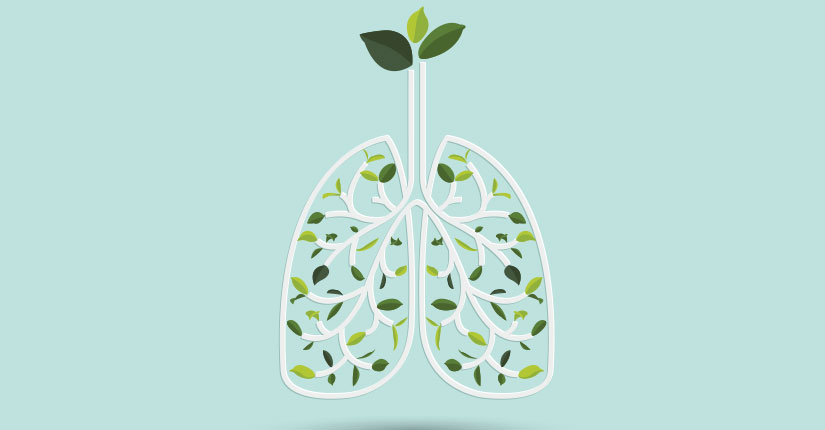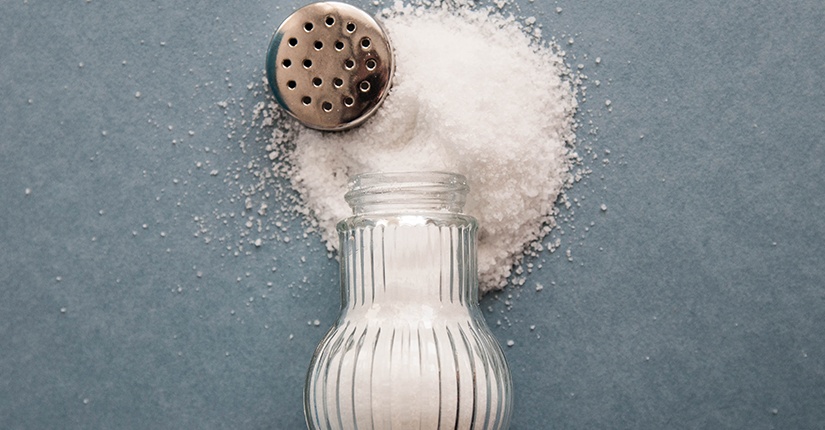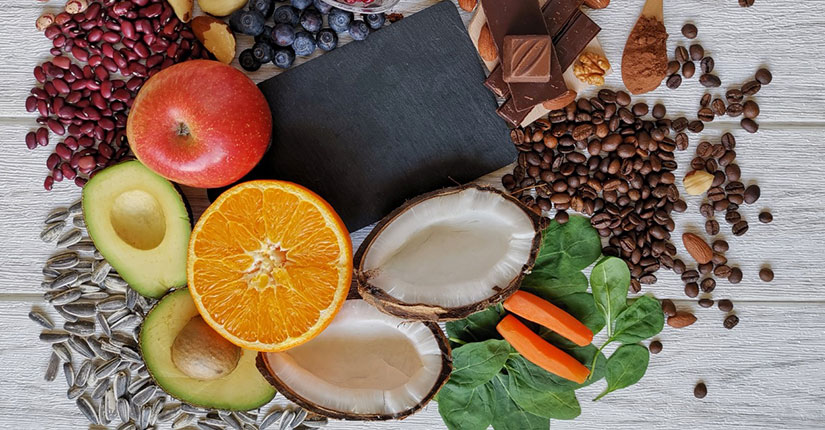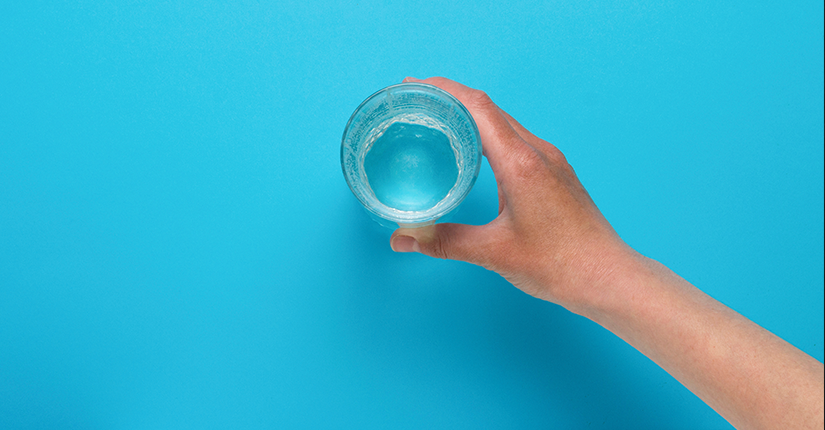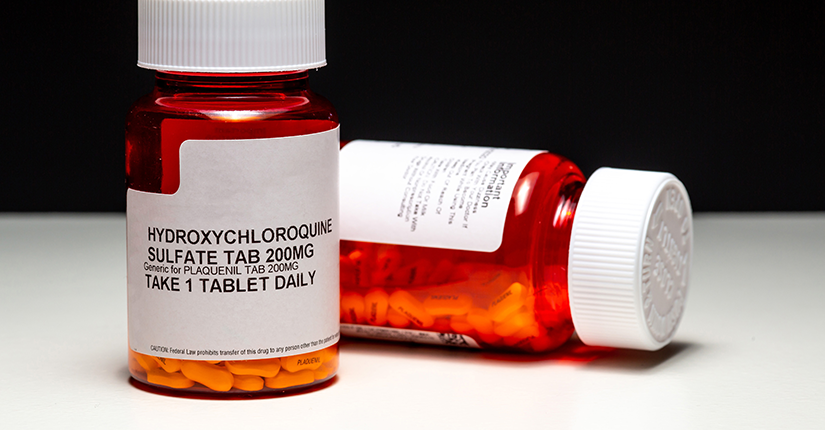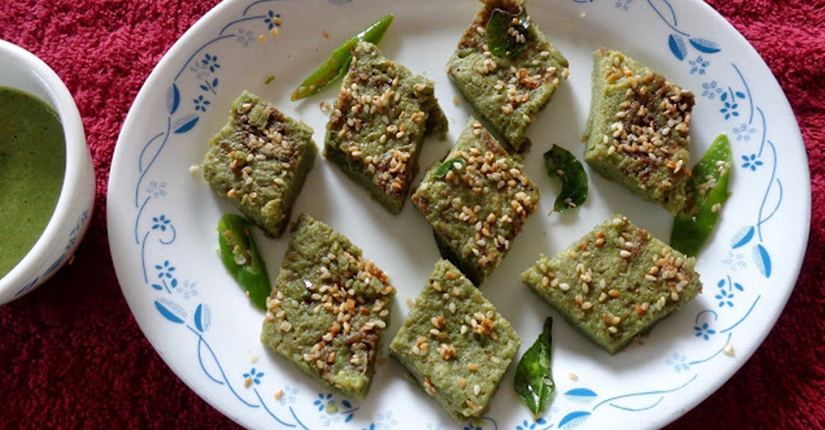6 Dietary Guidelines for effectively managing Psoriasis
By Nmami Agarwal 24-Aug 2021 Reading Time: 4 Mins
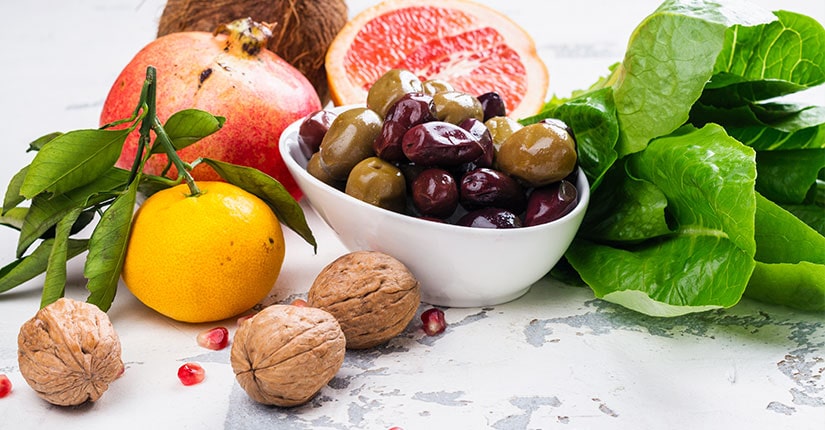
Psoriasis is a skin disease that results in red, itchy patches on the skin. No diet can cure psoriasis but there are many ways in which eating healthy may lessen the severity of the disease and play a role in lowering the likelihood of developing the disease.
Several diets, foods, and ingredients have shown their ability to potentially reduce or prevent inflammation in the body. Making a healthy lifestyle and eating choices play a role in helping you manage your psoriasis better. Dietary guidelines for effectively managing psoriasis and its flare-ups are:
- Choose Healthy fats: Studies have shown that a diet high in omega-3 helped alleviate redness, thickness, and scaling. Fish, healthy oils, and omega-3, and omega-6 fatty acids are all healthy fats good for your body and heart. Healthy fats include fatty fish like salmon, tuna, walnuts, almonds, peanuts, flaxseeds, pumpkin seeds, sunflower seeds, and chia seeds, extra-virgin olive oil, and avocado.
- Go for Gluten-free diet: Celiac disease is a health condition characterized by an autoimmune response to gluten. People with Psoriasis have been found to have increases sensitivity to gluten-rich foods. If you have psoriasis and gluten sensitivity, it is important to cut out gluten-containing foods. Some of the foods to avoid include wheat and wheat derivatives, rye, barley, and malt, pasta, noodles, processed foods, and certain sauces.
- Say yes to Anti-inflammatory Foods: Fruits and vegetables are high in antioxidants, which are compounds that decrease oxidative stress and inflammation. A diet rich in fruits and vegetables should be taken for inflammatory conditions such as psoriasis. Foods to eat include broccoli, cauliflower, and Brussels sprouts, leafy greens, such as kale and spinach, berries like blueberries, strawberries, and raspberries.
- Limit the consumption of Alcohol: Autoimmune flare-ups are often linked to the health of the immune system. It is believed that alcohol can trigger psoriasis due to its disruptive effects on the various pathways of the immune system. If you have psoriasis, it may be best to drink alcohol very rarely.
- Make sure to Avoid processed foods: Psoriasis flare-ups are often linked with chronic inflammation in the body. Eating too many processed, calorie-dense foods can lead to obesity, metabolic syndrome, and a variety of chronic health conditions. One should avoid foods like pre-packaged food products, chips, biscuits, canned fruits and vegetables, candies among others.
- Avoid Nightshade Plants: Nightshade is the plants that contain solanine, which has been known to affect digestion and may be a cause of inflammation and further lead to Psoriasis. Foods to avoid include Tomato, potatoes, eggplants, and peppers.
Over to You:
Dietary changes play a huge role in effectively managing Psoriasis. If you have psoriasis, you will find it beneficial to include plenty of anti-inflammatory foods, such as fruits, vegetables, and healthy oils. This will help to reduce the severity of your flare-ups.


